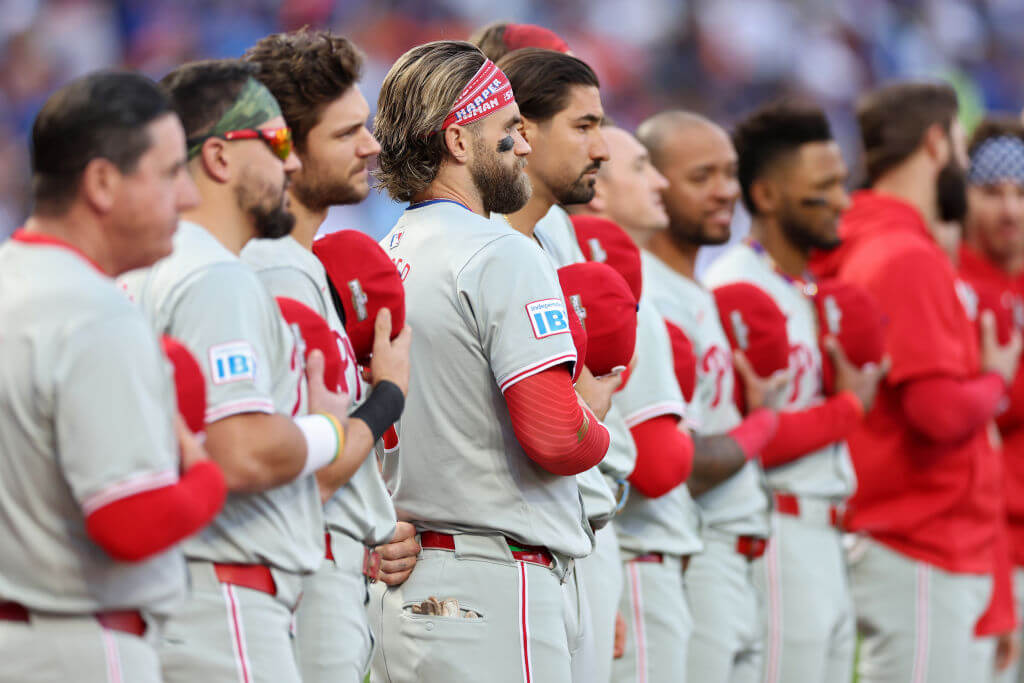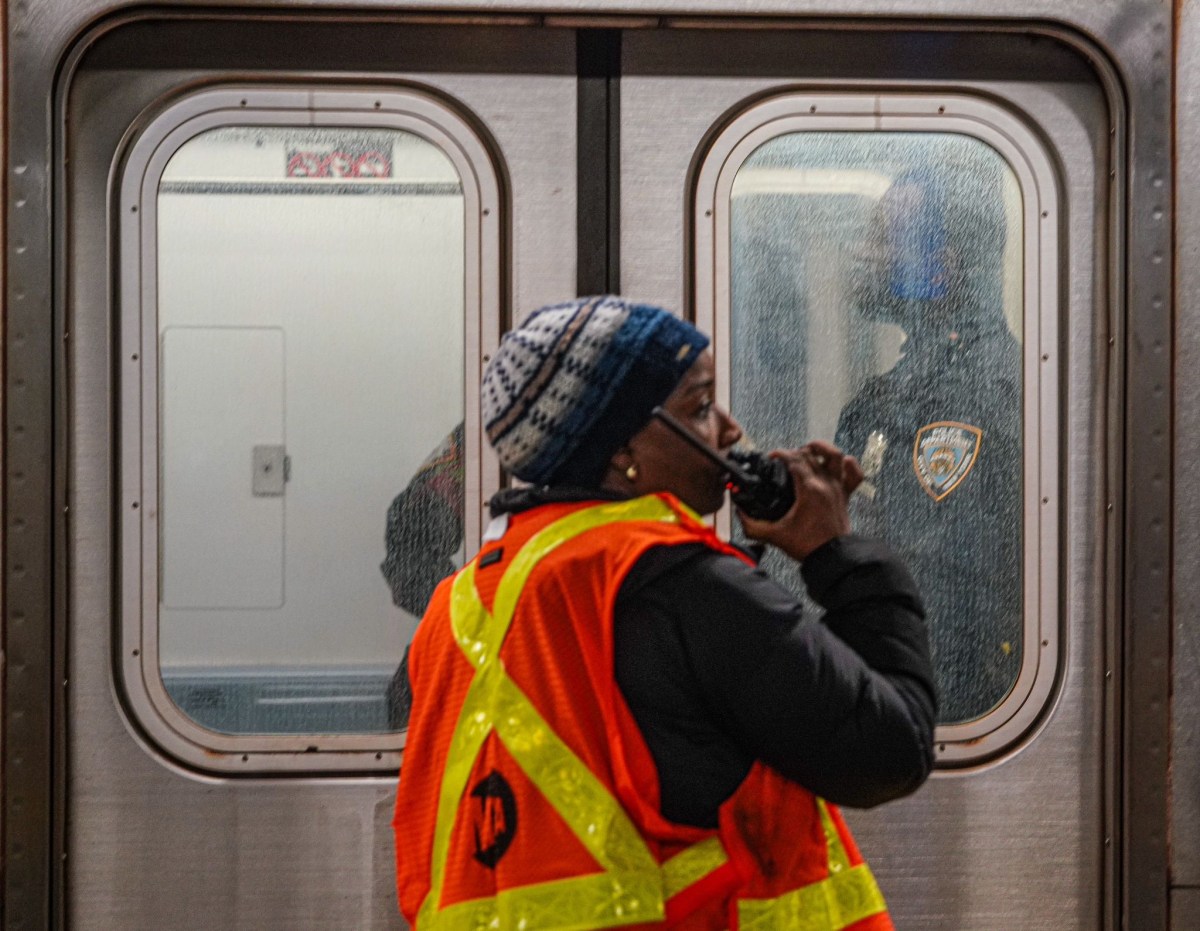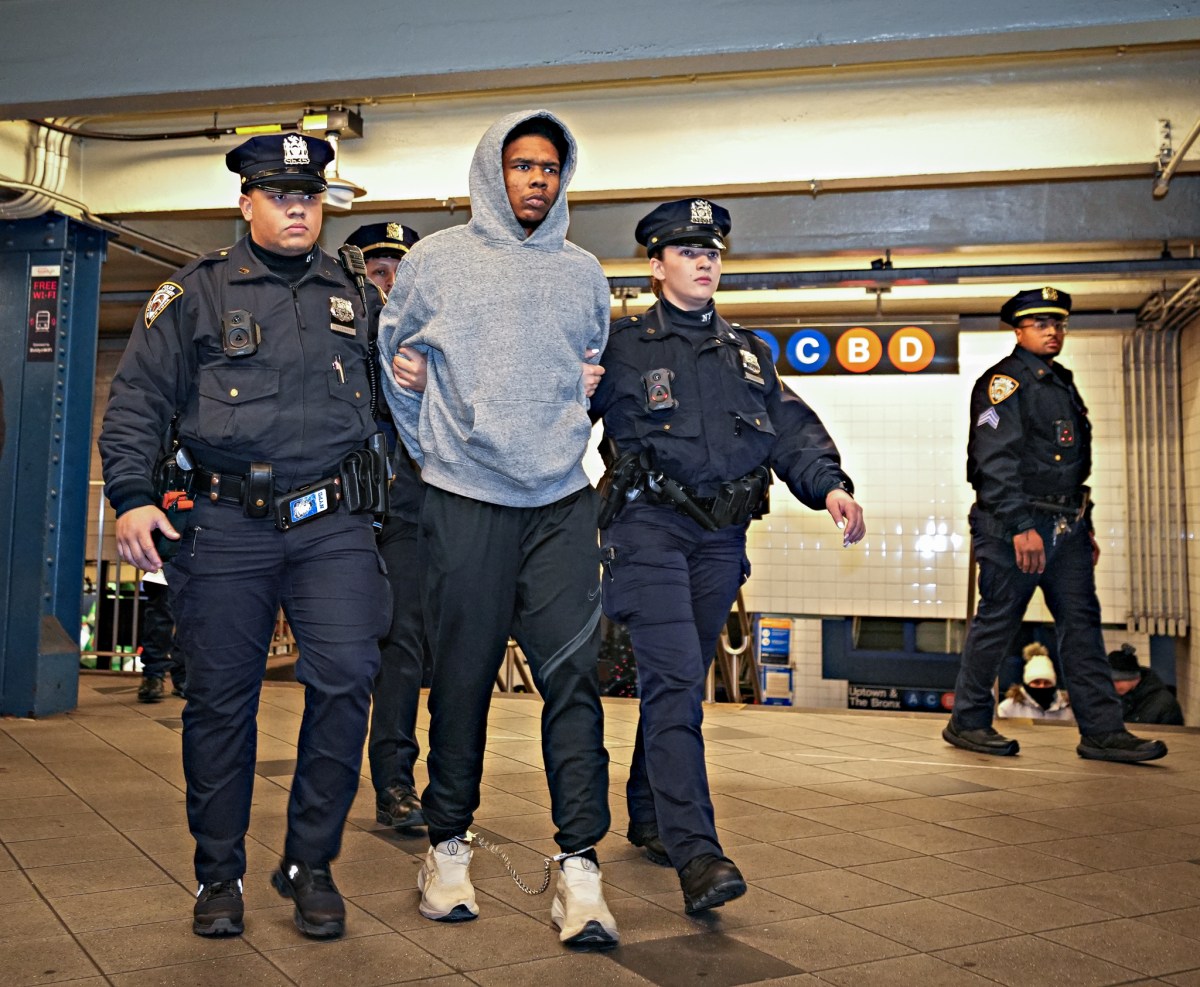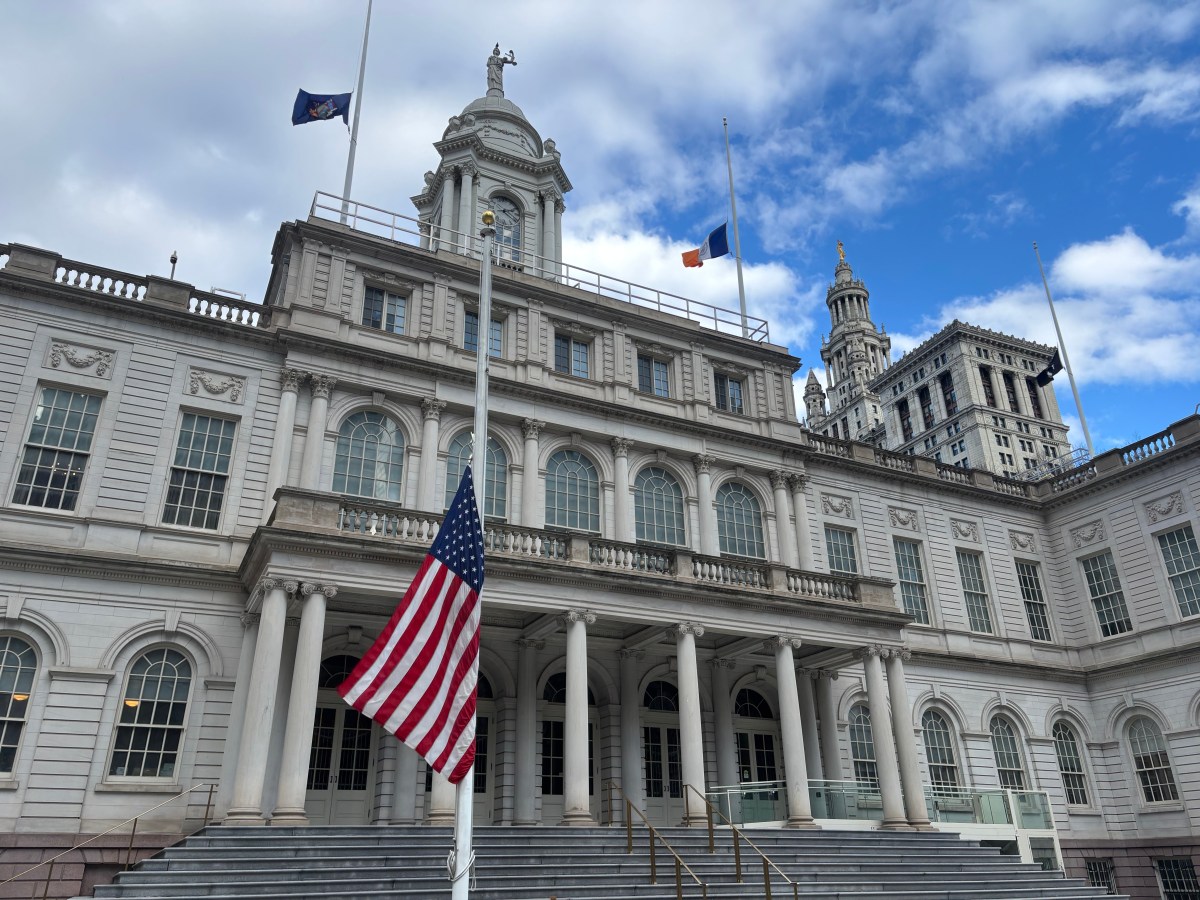Edward Norton doesn’t do a lot of feel-good movies. He does heavy cinema. He’s a real actor. He’ll do comedies. (His last screen credit was a voice in “Sausage Party,” and even his Oscar-nominated turn in “Birdman” is basically a parody of self-serious thespians.) But something like the warm-hearted “Collateral Beauty” is rare for him. A holiday dramedy, it concerns a businessman (Will Smith) who’s become a recluse three years after the death of his young daughter. To snap him out of it, his friends/colleagues (Norton, Kate Winslet and Michael Pena) hire actors (Helen Mirren, Keira Knightley and Jacob Latimore) to pretend to be spiritual beings, who he thinks no one but him can see. Positive (and sometimes comedic) though it is, it’s also blunt about grief, trauma and death. Norton, 47, talks to us about how “Collateral Beauty” comes out at a good time, namely after a particularly intense and scary presidential election.
It’s strange to watch a movie about hope and positivity right now. RELATED: Interview: Diego Luna on “Rogue One” and how Darth Vader was his favorite “Star Wars” character Any other year it might seem like a standard message, but right now movies that preach positivity feel particularly strong, even to grumps. We’re living in a bad action movie. It’s hard to know what to do as citizens, apart from making phone calls. It’s like we’re powerless. California just became the fifth largest economy in the world by itself. If you put together the west coast states and the northeast states, you collectively have the fourth, maybe even the third largest economy in the world. We were talking about if those states petitioned the UN to be a non-state signatory to the Paris Climate board, it would mean almost as much as if the United States did it on its own. Not sure how to turn this back towards “Collateral Beauty,” though I would say it’s a movie about grief and the struggle to overcome it. That’s timely, too, since many of us are in a kind of state of grief. But I actually did think the underlying message, which is very apt for the end of the year, was that there’s a value to remembering that pain and loss are intrinsic parts of life. It’s not that you can get through them, but you can have a wider, deeper life because of them. At the end of the year, now especially, people think, ‘What am I going to do better next year?’ We have this tendency to get to this arbitrary marker of years passing, and we think about the next year reflexively. I actually think my friend was right. It’s actually nice to put something out in that time of year when people are thinking that way anyway. It’s a positive movie about embracing the fact that death is a fact of life. I think three years. I’ve been reading a lot of J.G. Ballard novels about the end of civilization and to prepare myself.
It’s funny, because this movie is about perspective reorientation and it expresses the conviction that pain is inevitable and you can get through it and to the other side. [Laughs] I hope that’s true.
I’ve been saying to people, “If you hated this election cycle, you’ll love ‘Collateral Beauty.’” [Laughs] There are so many dimensions to the whole experience this year. It’s going to take time. And it’s still unfolding — that’s what’s so crazy. We’re in this very, very, very strange, new period right now. It’s like a veil has been dropped. Sometimes I feel like the Republican party was an 18-wheeler, but the tractor trailer came off the cab. You have this corporate plutocracy driving all this working class rage, and managing to corral it for a while and hoodwink it, bamboozle it. Then it’s like the tractor-trailer came off the cab and went careening down the highway on its own.
But it’s hard to know. There are so many dimensions about it that concern me. The idea of gutting the EPA, pulling United States from its leadership role in pushing the planet towards a sustainable policy commitment — that to me is truly terrifying. Because we’re living in a very narrow window in which accelerated commitment to those things is really important. The consequences of dismantling the fragile momentum that’s been built, I think, are really jaw-droppingly, civilization-shiftingly significant. We can’t afford the gutting of clean air regulations, water regulations, commitments to reducing carbon. When you put a hack fake non-scientist climate denier in charge of your environmental transition team [ed. by the time this article ran, Scott Pruitt had been officially named the EPA head], that’s really quite terrifying to me.
I was with this guy, Kevin de Leon. He’s the head of the California state senate. He’s the kind of person we need leading this country. He’s the son of Mexican immigrants. He’s young, he’s dynamic, he’s focused on jobs, he’s focused on working class needs. He comes from the working class. He understands environmental sustainability. He knows it’s not an ideological issue; it’s an economic issue. He understands that we’re either going to be selling the world clean energy technology or we’re going to be buying it.
An old friend of mine [Toby Emmerich], who runs the studio making this film, called me and said, “I got Will Smith in this thing, and I really want to pull you together. It’s a movie I want to have out for the holidays.” As soon as he said “holidays,” I said, “You got the wrong guy, Toby! [Laughs] That ain’t my bag.” He said, “There’s a kind of old school ‘It’s a Wonderful Life’ life wisdom in this thing.” I read it, and I was quite surprised by the very mature wisdom. The challenge is that it does have some of that old Hollywood confection — the idea that people hire actors to pretend to be spirits to convince a friend to do X. If you squint a little, it could fall apart, if it’s not handled right.
[Laughs] Exactly. Well, thanks to Trump, we’re all probably going to die within the next two years.
I watch “The Walking Dead.” That’s going to help.
Edward Norton on how ‘Collateral Beauty’ is perfect for post-election
Follow Matt Prigge on Twitter @mattprigge
























